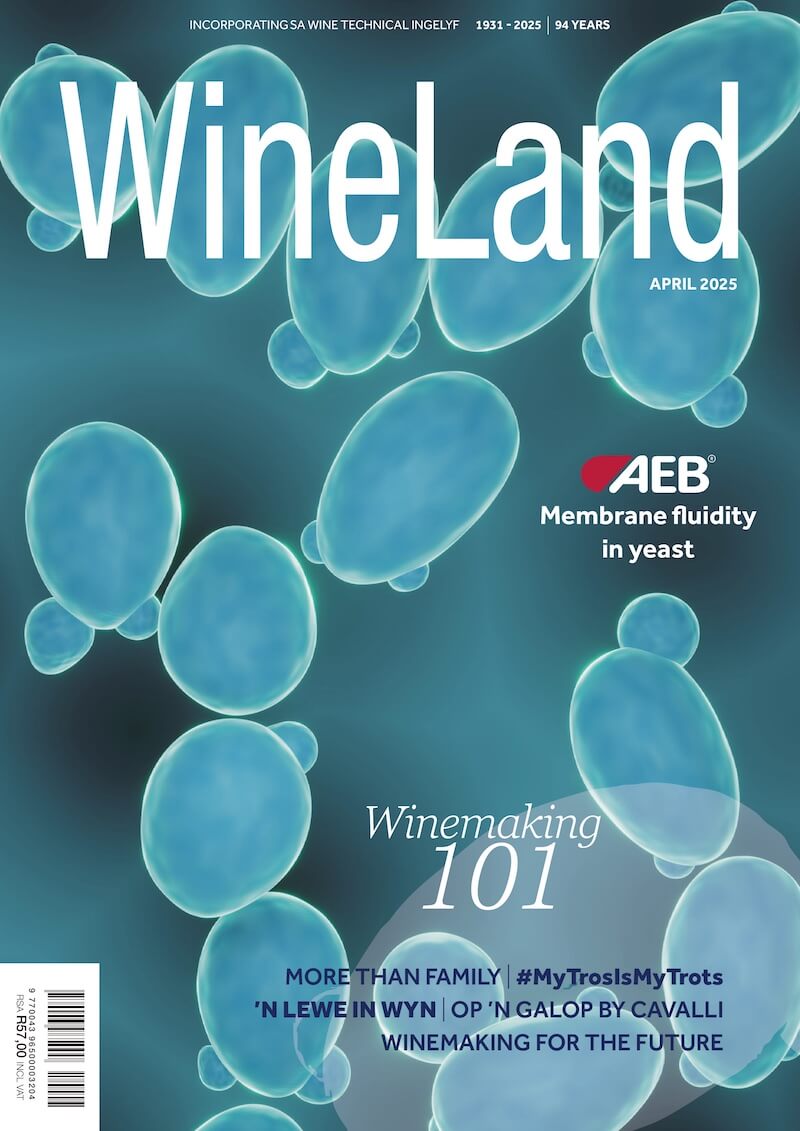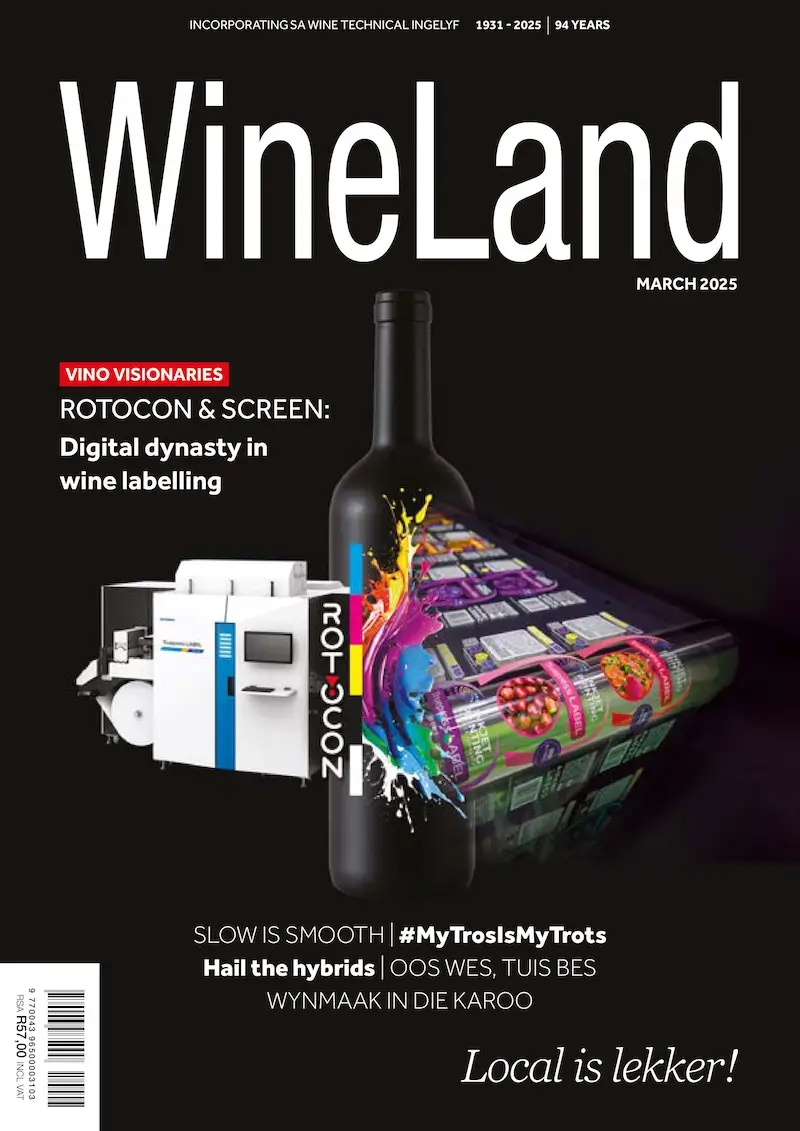 By the time it was Eben Sadie’s turn to address those gathered for the recent SASEV post-harvest workshop, there didn’t seem to be much left to say. Expert speakers had covered the 2018 harvest from every angle. The programme simply listed his topic, somewhat cryptically, as “holism in the wine sector”. The Xhosa beneath was no more forthcoming: Yokunabela Kwiinkalo Imboni Yewayini. But its inclusion should have been a clue.
By the time it was Eben Sadie’s turn to address those gathered for the recent SASEV post-harvest workshop, there didn’t seem to be much left to say. Expert speakers had covered the 2018 harvest from every angle. The programme simply listed his topic, somewhat cryptically, as “holism in the wine sector”. The Xhosa beneath was no more forthcoming: Yokunabela Kwiinkalo Imboni Yewayini. But its inclusion should have been a clue.
Holism is a term once coined by the South African philosopher-statesman Jan Smuts, expressing the idea that the whole is greater than the sum of its parts. For the winemaker-owner of The Sadie Family Wines, the wine industry is too fragmented and failing to reach its potential as a well-adjusted, inclusive whole. Duplication wastes precious time and energy. “We have to look at the physical, emotional and spiritual fitness of the industry,” Eben says.
Take bulk wine. Many South African producers rely on bulk sales and exports and there will always be a bulk component to the industry, but it should not set the pace as it does. “Our low bulk prices reflect a lack of quality,” he says. It’s clear he’s not only thinking of the product. In the holistic view, ‘quality’ includes proper costings and other best practices.
Pride like potatoes
Eben remembers an encounter with an impoverished Spanish farmer who was living only on potatoes. This farmer would still set out all the utensils as if he were preparing for a full three-course meal, saying “If we don’t use all our tools when things are bad, it will never go better.” The wine industry needs to recover its inherent sense of pride and let go of arrogance, Eben believes.
The prevalence of viruses is a thorn in our side. The problem demands swift and decisive action using every resource at our disposal, since it directly affects profitability. The raw material is available. Vititec has been cultivating virus-free material and has brought in 15 new cultivars and 60 new clones since 2007 and it’s time to put them to work.
“What we lack in size, we must make up in speed,” Eben says. The industry might not have the scale or the water to compete with much bigger players in the global market, but it certainly has the ability to punch above its weight by achieving success with varieties better suited to local conditions.
That’s the spirit
“Our workforce is the spirit of the wine industry,” Eben continues. “They need to be taken care of properly, and this requires true leadership.” Much of its strength lies in knowledge, which means conducting regular training. (A centralised system such as the Wine and Brandy LMS is particularly empowering for workers.) Investing in people improves cooperation, understanding and tolerance – properties that strengthen the industry as a whole.
A holistic approach will naturally also keep the environment in mind. South Africa’s beauty is the industry’s greatest asset and we have to care for it accordingly. Eben suggests a sense of urgency generated from within the industry, for instance by campaigning for the recognition and protection of viticultural areas. With the winelands’ natural heritage being threatened from all sides, particularly through urbanisation, its stake needs to be claimed – even in the details. “What is a farm without a dog?” he quips.
At the same time, Eben cautions against confusing the lifestyle with the profession, which needs to be developed thoughtfully and strategically. South Africa already sports world-class winemakers, but we cannot pin all our hopes on these miracle-workers. “We have to start ticking other boxes.”













